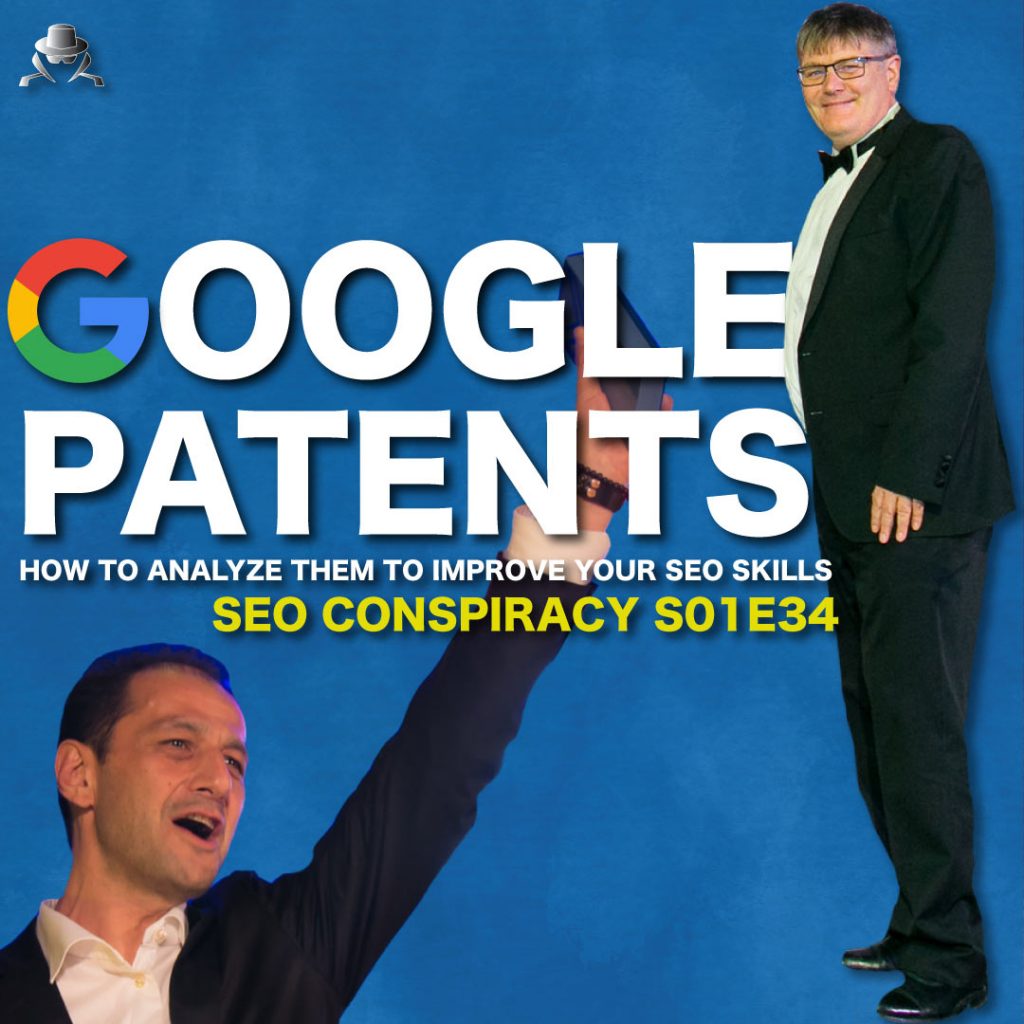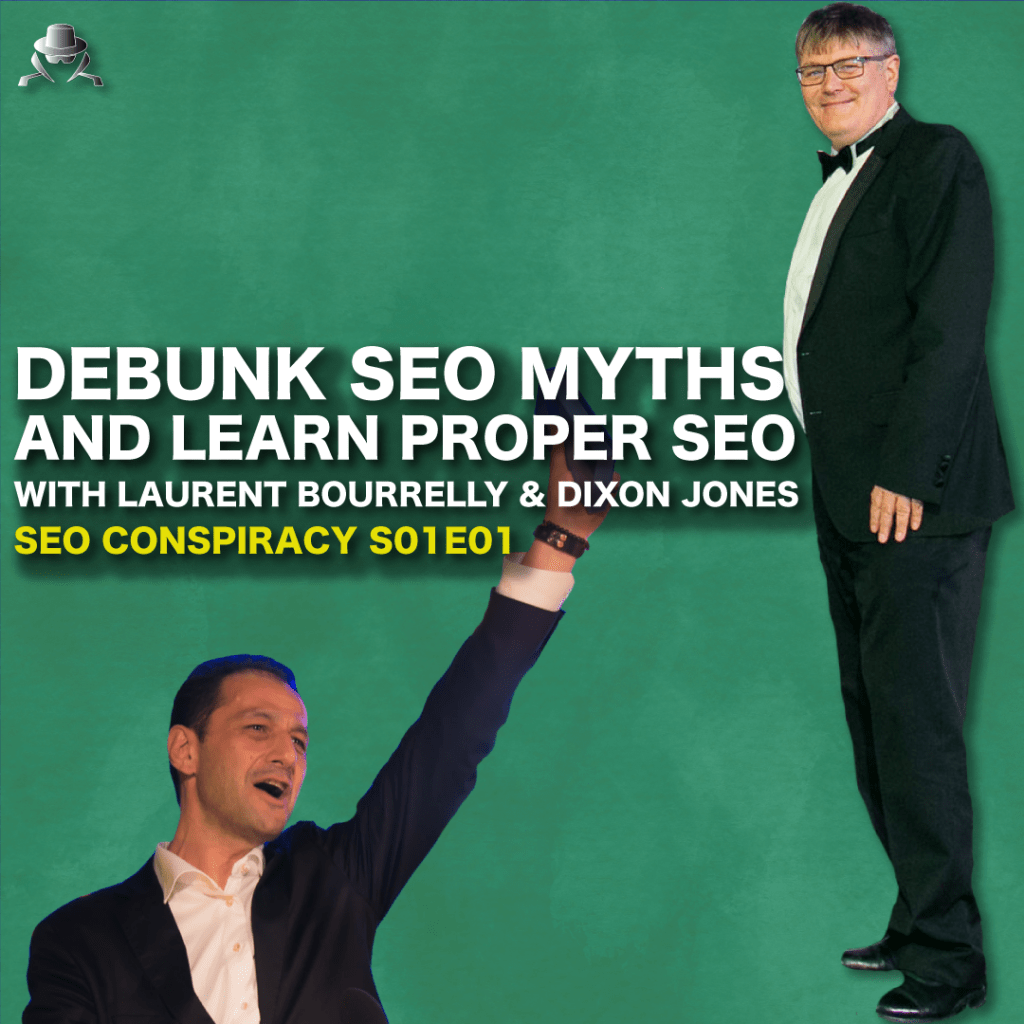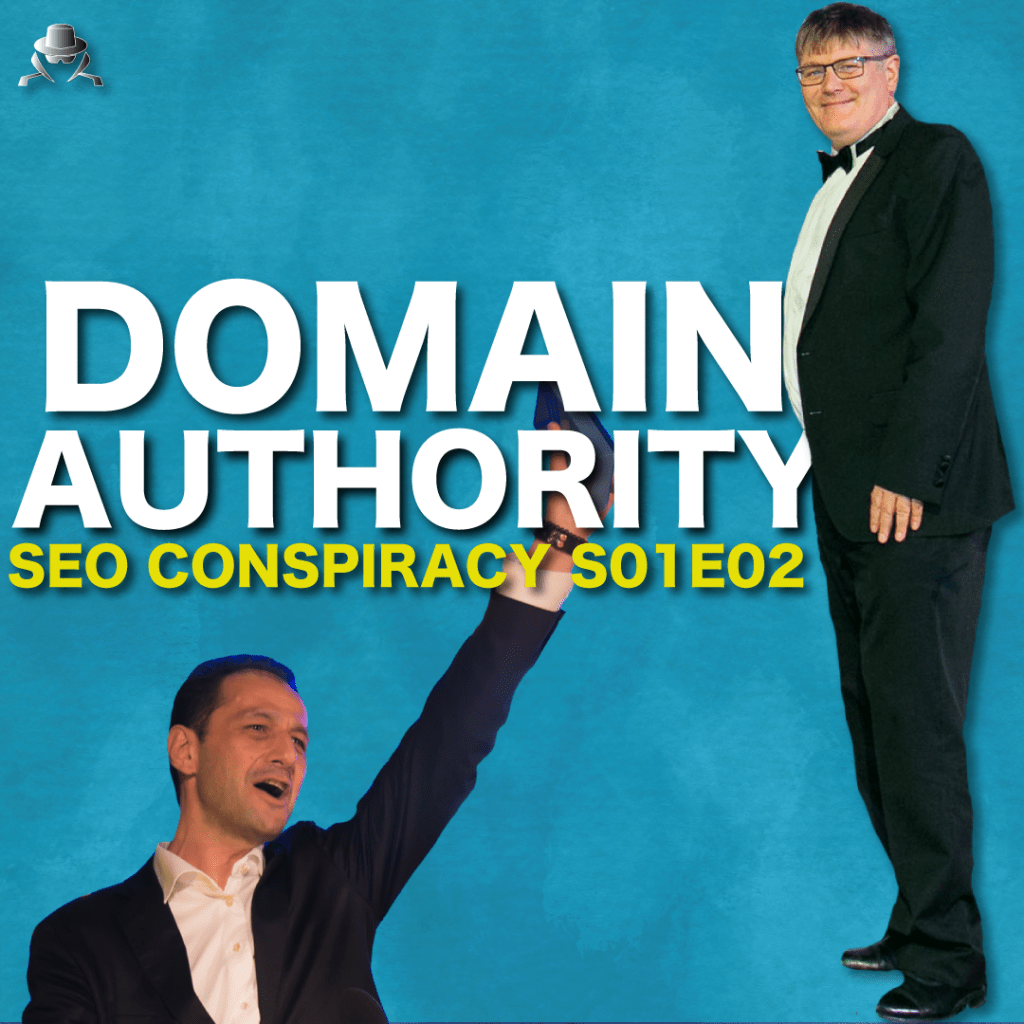Does studying patents, scientific documents, or reading Bill Slawski’s blog help your SEO?
The Word of Dixon Jones
“I think that there’s a couple of things about that. The most significant thing, and honestly I read everything that Bill Slawski does, because he goes into a lot of depth. But he’s very careful to point out that just because something is in a patent or in a document doesn’t mean that it’s in the algorithm. So he’s making a distinction between research or patents or legal documents and the algorithm. That’s a very clever little thing for him to be able to do because he doesn’t have to get on the wrong side of Google by saying this is how Google works and get into the black box and annoy everybody. He stays on the right side of Google by not actually claiming anything at all.
But here’s the thing that I think is the weakness of that. It’s great for Bill because it makes him stand out as a very unique person within the industry but the disadvantage, particularly of patents, of course, is that the patent is awarded a long long time after it’s been thought about. I think if it’s in the algorithm, the fact that it takes so long for a patent to come out is particularly important and also contrary to these scientific research documents. They tend to be right at the start of a project so you have to start thinking about the theory before you can apply it to products. So probably the scientific papers are better to analyze and read but you need to check the dates on a lot of them because I read ones again and again but they’re very old. I think that the research papers are interesting but there’s no guarantee they’re going to end up in a final product. The patents are also interesting because obviously Google cares enough to try and protect them themselves in some way shape or form but they’re a long way behind the curve so you’re talking about things that are before and after the curve and still no guarantee that they’re in the product at all.
It feels like people want to understand what they want and Bill is very careful. I know his research process and you’re right he investigates the scientific papers and also he’s profiling the scientist, that’s also a very important point.
There is human beings behind the algorithms
People tend to forget that behind algorithms you have human beings and the way they’re shaped. Their experiences, their culture values. The algorithm is just a tool to achieve something. A lot of the researches done or speech machine learning or the AI stuff that’s coming out, it requires humans in the loop at some point in the system quite a lot of the time you know.
So a machine will do something because whether it’s a user or whether it’s a trusted site that’s been human corrected or whether they’ve read a whole load of books that were written by humans. Humans were in the loop in a lot of those algorithms.
You need human validations for the data set. And that google’s quality rated guidelines and that’s you know that’s all those thousands of people or how many people they’ve got that just sit there and use humans to judge the effectiveness of the algorithm and I think it’s a really interesting thing that they use humans to check the maths.
Watch the video
How to Analyze Google Patents to Improve Your SEO Skills
Welcome to SEOconspiracy.com! Today, we’re delving into the fascinating world of Google patents and scientific research papers. How can studying these resources help you refine your SEO strategies and get ahead in the game? Joining me is Dixon Jones, as we explore the insights and challenges of analyzing Google patents.
The Value of Google Patents in SEO
Google patents offer a glimpse into the ideas and methodologies that may influence search algorithms. However, they come with caveats:
- Delayed Relevance: Patents are often awarded long after the initial idea was conceived, meaning their implementation (if any) may already be in place or outdated.
- Uncertainty: Not all patented ideas make it into live algorithms. As Dixon points out, “Patents are fascinating, but there’s no guarantee they reflect how Google operates today.”
Scientific Papers: Ahead of the Curve
Scientific research papers often precede patents, offering theoretical insights before they’re applied. Laurent explains, “I prefer research papers because they provide a foundation for understanding emerging technologies and methodologies.”
However, challenges include:
- Diverse writing styles that require adapting to the mindset of each researcher.
- Potentially outdated information, as some papers date back decades.
Profiling the Minds Behind the Algorithms
Understanding the researchers behind the papers and patents can be as valuable as the content itself. By profiling the individuals and their professional trajectories, you can:
- Predict the direction of their ongoing work.
- Gain insight into the cultural and intellectual influences shaping their approaches.
For instance, Amit Singhal, a student of Professor Salton, brought the concepts of vector space models into Google’s search algorithms.
Practical Examples: Insights from the Past
- Topic-Sensitive PageRank: This Google patent introduced the concept of ranking pages based on topical relevance.
- Sultan-Cosine Similarity: A mathematical approach to understanding entity relationships, originating from foundational research in vector space models.
Laurent emphasizes, “These breakthroughs aren’t as intimidating as they seem. With time, anyone can grasp the basic concepts and apply them to SEO.”
Challenges in Today’s SEO Landscape
SEO has evolved, making it harder to predict outcomes from changes:
- Slower Feedback Loops: Results from actions like link-building can take months to manifest fully.
- Complex Algorithms: Google’s use of machine learning introduces layers of unpredictability, requiring more patience and experimentation.
Dixon highlights, “While on-page changes can show quick results, building authority and trust through links takes longer than it used to.”
The Balance of Theory and Practice
Analyzing patents and research papers can provide valuable insights, but it’s essential to balance theory with practical application. Understanding the broader context—like Google’s focus on semantic SEO and machine learning—helps refine your approach.
“At the end of the day,” Laurent concludes, “SEO isn’t about big surprises anymore. It’s about aligning with the ongoing trends of semantic relevance and user intent.”
Next time, we’ll revisit the controversial topic of domain authority. Stay tuned for another deep dive on SEOconspiracy.com!



